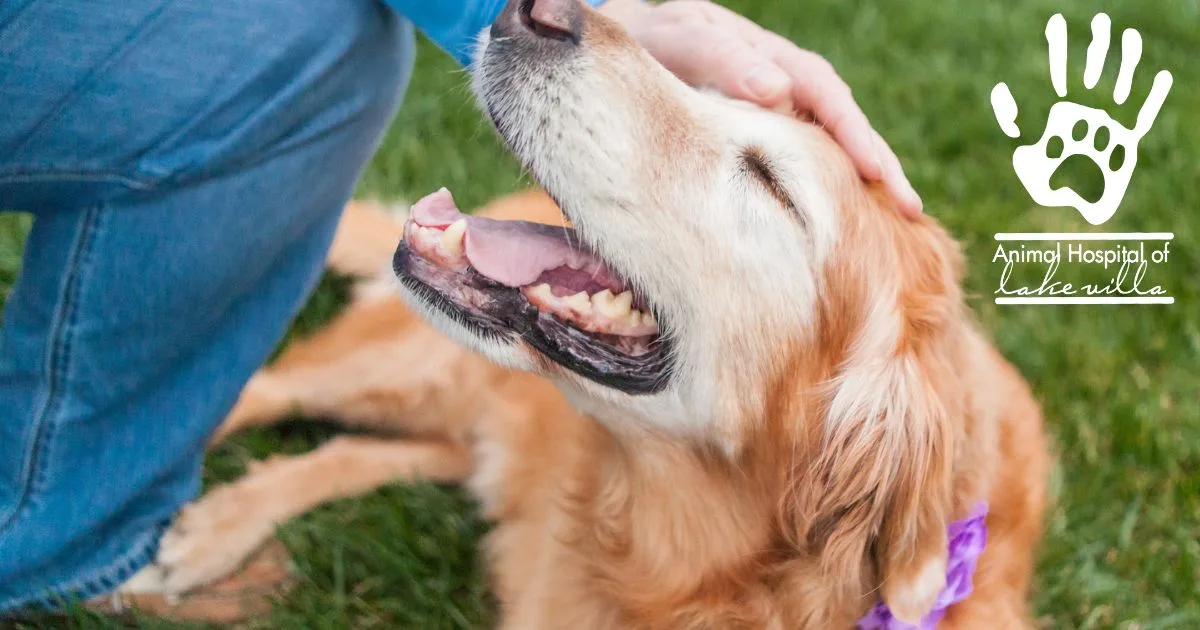
May: Celebrating Senior Pet Health Month
May is recognized as Senior Pet Health Month, a time to focus on the well-being and special care requirements of our aging pets. As pets grow older, just like humans, they become prone to a variety of age-related health issues. Understanding these conditions can help pet owners manage their senior pets’ health more effectively and improve their quality of life.
Common Age-Related Health Issues in Pets
1. Arthritis and Mobility Issues
One of the most common ailments affecting older pets is arthritis. This degenerative joint disease causes pain, swelling, and decreased mobility. Pets may show signs of arthritis by being less active, having difficulty standing up or climbing stairs, or limping. Regular, gentle exercise, weight management, and appropriate medications can help alleviate symptoms.
2. Dental Disease
Dental problems are prevalent in senior pets and can lead to more serious health issues if bacteria from the mouth spread to other parts of the body. Symptoms of dental disease include bad breath, difficulty eating, and red or swollen gums. Regular dental check-ups and cleanings are crucial for maintaining good oral health.
3. Kidney Disease
Aging can affect kidney function, which is vital for filtering waste products from the blood. Symptoms of kidney disease might include increased thirst and urination, weight loss, and lethargy. Early detection through routine blood and urine tests is key to managing this condition.
4. Heart Disease
Heart disease in pets can manifest as coughing, exercise intolerance, breathing difficulties, or even fainting spells. Regular veterinary check-ups can detect heart problems early, and treatment might include medications, lifestyle changes, and specialized diets.
5. Cognitive Dysfunction
Similar to Alzheimer’s in humans, older pets can experience cognitive dysfunction, which affects their memory, learning, perception, and awareness. Signs include disorientation, altered sleep-wake cycles, and changes in interaction with their owners. Therapeutic diets and medications can help manage this condition.
How to Support Your Senior Pet’s Health
-
Regular Veterinary Visits: Biannual veterinary visits are recommended for senior pets to catch and manage health issues early.
-
Appropriate Diet: Nutritional needs change as pets age. Diets formulated for senior pets can address specific health issues and support overall health.
-
Exercise: Keeping your pet active helps maintain healthy weight and mobility. Adapt exercise routines to your pet’s comfort level.
-
Comfortable Living Environment: Make sure your pet’s living area is easy to access and comfortable. Orthopedic beds can provide support for arthritic joints, and ramps can help pets with mobility issues.
-
Mental Stimulation: Keep your senior pet mentally stimulated with interactive toys and gentle play to help combat signs of cognitive decline.
Celebrating Senior Pet Health Month isn’t just about recognizing the challenges our older pets face; it’s also about appreciating the joy and companionship they continue to offer as they age. By paying attention to their health needs, we can ensure that our beloved pets enjoy their golden years as comfortably as possible.